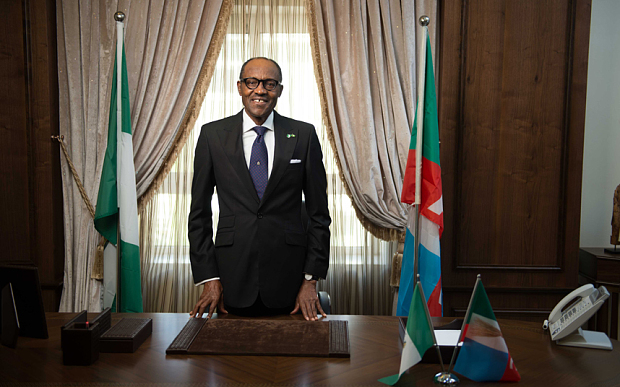The Federal Government spent a total of N2.95tn to service domestic debts for a period of five years from 2010 to 2014, investigation has shown.
Statistics obtained from the Debt Management Office in Abuja on Thursday showed that the actual amount spent on servicing the domestic component of the country’s total debt rose from N334.66bn in 2010 to N846.64bn by the end of December 2014. The amount spent on domestic debt in 2015 is not yet available.
Each year, the Federal Government sets apart funds in the budget for the servicing of both foreign and domestic debts. The actual amount paid, however, may differ from what is budgeted.
The debt service obligation of the Federal Government showed an increase of N511.98bn within the period of five years. This means that in the period, the country’s domestic debt service obligation rose by 152.99 per cent.
The increase also reflected the rise in the size of the country’s domestic debt portfolio from N4.55tn in December 2010 to N7.9tn on December 31, 2014, a difference of 73.63 per cent.
This means that while the domestic debt component rose by 73.63 per cent within the period, the cost of servicing it also increased by 152.99 per cent. However, some of the debts that had fallen due within the period might have been liquidated.
As of December 31, 2010, the domestic debt of the Federal Government was classified as FGN Bonds, N2.9tn; Nigerian Treasury bills, N1.28tn; treasury bonds, N372.9bn; and development stocks, N220m.
However, by December 31, 2014; the FGN Bonds accounted for N4.79tn; Nigeria Treasury bills, N2.82tn; and treasury bonds, N296.22bn. The development stock had been phased out by then.
In terms of interest payment in 2014, the government paid N511.78bn on FGN Bonds; Nigeria Treasury bills, N300.27bn; and treasury bonds, N34.59bn.
The previous year, FGN Bonds accounted for N464.67bn of the total interest payment; Nigeria Treasury bills, N293.88bn; while treasury bonds accounted for N35.55bn. The total interest paid on domestic debt for the year was N794.1bn.
In 2012, with a total domestic debt service obligation of N701.38bn, FGN Bonds accounted for N354.08bn; Nigeria Treasury bills, N310.79bn; and treasury bonds, N36.5bn.
For 2011, the interest paid on domestic debt amounted to N518bn, with the FGN Bonds accounting for N293.79bn; Nigeria Treasury bills, N186.72bn; and treasury bonds, N37.47bn.
The interest payment for 2010 showed that FGN Bonds gulped N231.11bn; Nigeria Treasury bills, N65.07bn; while N38.43bn was paid as interest on treasury bonds.
Within the period, some domestic debts that were due for payment were either redeemed or refinanced. For instance, in 2014, treasury bonds amounting to N865.81bn were redeemed, while in 2013, N94.17bn of domestic debt was redeemed.
In the previous year (2012), a total of N456bn of domestic debt was refinanced. In 2011, N223.67bn of the domestic debt was refinanced, just as N317.76bn was refinanced in 2010. Debt redemption means that the principal sum of a debt that is due is paid off, while refinancing means that a fresh loan is taken to pay off a debt that is due.
The interest payment in 2014 as a percentage of the total domestic debt showed that the average cost or interest on the domestic debt for the year stood at 10.71 per cent. In 2010, the rate stood at 7.35 per cent.
Generally, the nation’s domestic debt market has been very active and the rates are regarded as attractive. For this reason and because of the safety of the government’s debt instruments, a number of investors, including Pension Fund Administrators, have been very active in the market.
The PUNCH had exclusively reported on July 27, 2015 that the country’s total debt stock stood at N12.12tn as of June 30, 2015, with the domestic debt of the Federal Government accounting for N8.39tn.
For 2016, the Federal Government expects to borrow N984bn from domestic sources and N900bn from foreign sources to finance the capital component of the budget.
It has also set aside the sum of N113bn as a sinking fund for the retirement of maturing loans, while N1.36tn has been proposed for foreign and domestic debt service obligations.


 Forex2 weeks ago
Forex2 weeks ago


 Naira2 weeks ago
Naira2 weeks ago
 Billionaire Watch2 weeks ago
Billionaire Watch2 weeks ago




 Naira2 weeks ago
Naira2 weeks ago




 Naira2 weeks ago
Naira2 weeks ago




 Naira4 weeks ago
Naira4 weeks ago


 Naira6 days ago
Naira6 days ago
 Banking Sector4 weeks ago
Banking Sector4 weeks ago





















